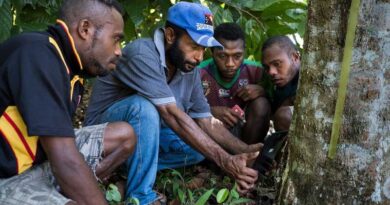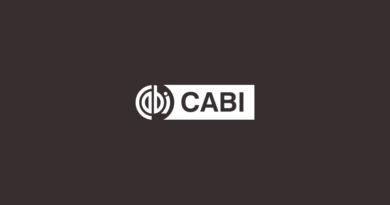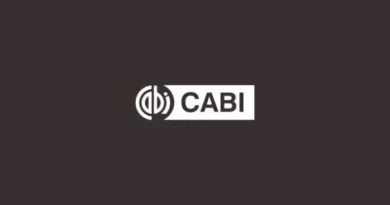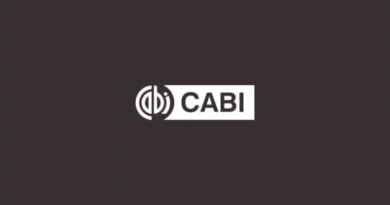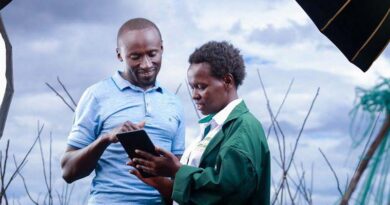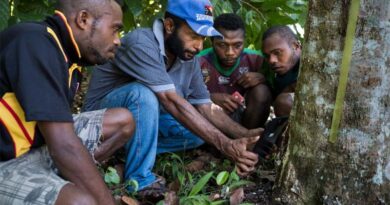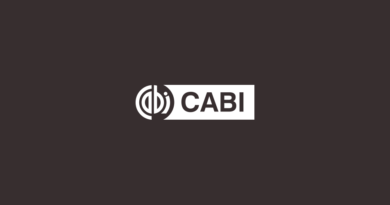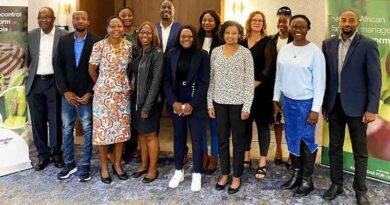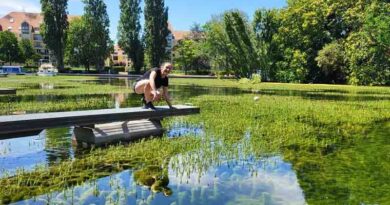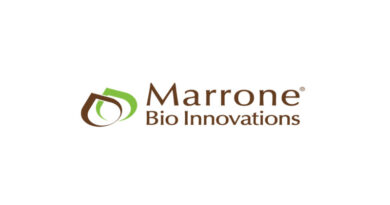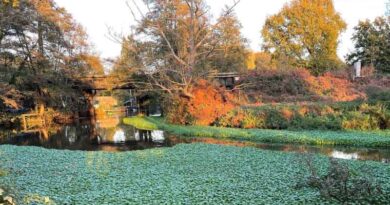Positive feedback for CABI’s input into Guiding Acid Soil Management Investments in Africa (GAIA) project
05 December 2023, Africa: CABI has received positive feedback from a range of stakeholders involved in a project aimed at addressing key knowledge gaps related to soil health and improved agronomy in East Africa.
Digital development experts from CABI’s regional centre for Africa in Nairobi, Kenya, received the feedback after workshops in Tanzania to help the Guiding Acid Soil Management Investments in Africa (GAIA) project implement FAIR data into its work.
FAIR data meets the principles of findability, accessibility, interoperability, and reusability. It is a key aspect of the project – funded by the Bill & Melinda Gates Foundation – and which focused on Tanzania, Ethiopia, Kenya, and Rwanda.
Addressing poor soil health
One main reason why maize productivity in sub-Saharan Africa is very low is poor soil health. Soil acidity is often mentioned because of its impact on crop yields and the extent of acid soils in the region.
To improve acid soils, farmers may apply lime on their fields to raise the pH, a practice known as liming. Liming has multiple beneficial effects like improving nitrogen fixation of legume nodules, boosting yields of legume crops.
The GAIA project uses scalable innovations to provide reliable, timely and actionable data and insights on soil health and crop performance, at farm and regional levels. The vision of success for the project is the rehabilitation of acid soils at scale in East Africa — thanks to data-driven and spatially-explicit recommendations.
Adam Ndatulu, Cluster and Partnership Specialist from the Southern Agricultural Corridor of Tanzania (SAGCOT), said, “We never had any understanding of FAIR before. Since training, we have been using the word FAIR everywhere. I have been noticing that CABI’s trying to make data accessible… really been pushing for it.”
Data on lime trials is readily available
Mr Ndatulu added that data on lime trials is readily shared with him by Partners so he can coordinate the Soil Health Partners to develop policy briefs on lime investment in Tanzania and public awareness materials for the GAIA project that has made data from other project partners accessible.
In Tanzania the partners included the Ministry of Agriculture, Tanzania Agricultural Research Institute (TARI), regulatory authorities such as Tanzania Fertilizer Regulatory Authority (TFRA), SAGCOT Centre, One Acre Fund, AGRA, agriculture lime companies such as Dodoma Cement and Highlands Building Products and agro-dealers who are directly engaging with farmers.
Additionally, the shared data was collated and fed into the GAIA dashboard – developed by CIMMYT – which assists public and private sector actors in targeting investments for agricultural lime value chains in Tanzania, Ethiopia, and Rwanda.
CABI ‘road tested’ the GAIA dashboard which is a graphical user interface that provides a characterization of the magnitude and spatial distribution of soil acidity in sub-Saharan Africa.
As part of this, CABI was tasked to conduct user-focused research to understand how GAIA outputs can be translated into knowledge products and to support user testing of the GAIA dashboard.
Better informed government and individual farmer decision making
Elias Diyami, Operations Manager, Highland Building Products Co. Ltd (HBP), said the data from the Ministry of Agriculture has provided information of soil acidity across regions so the company has a better understanding of the demand for agriculture lime. He can use that information to better inform government and individual farmer decision making.
He added that data-sharing works both ways. HBP can share information on the quantity and quality of agricultural lime with the Ministry of Agriculture and SAGCOT Centre – enabling them to tailor information about agriculture lime in specific regions to meet the needs of farmers.
Dr Joel L. Meliyo, Manager of TARI, Hombolo, said, “The CABI GAIA team came up with the concept of data sharing and FAIR. It is meaningless to generate data for the public and keep it. We just need to use the FAIR way to share data, making it useful to other stakeholders without compromising it.”
He added that sharing data-informed insights with farmers has had an even greater impact. He explained that they carried out a trial with 50 farmers using lime in soil, and as soon as farmers learned about the positive results, 149 fellow farmers sought lime to improve their own soil.
Greater food security
Chipo Msengezi, CABI’s Project Manager – Digital Development, said, “This project is a great example of how, in partnership, FAIR data can be combined with agronomy, economics and social science and a business model in an integrated approach that ultimately benefits the drive towards greater food security.
“Having sharable information on soil acidity is very important if smallholder farmers are able to maximize their yields and profits in Tanzania as well as Ethiopia, Kenya, and Rwanda where the project operates.
“While our work on the project focused on the aforementioned countries, our efforts could be replicated for the benefit of other countries in Africa as well as further afield.”
(For Latest Agriculture News & Updates, follow Krishak Jagat on Google News)


